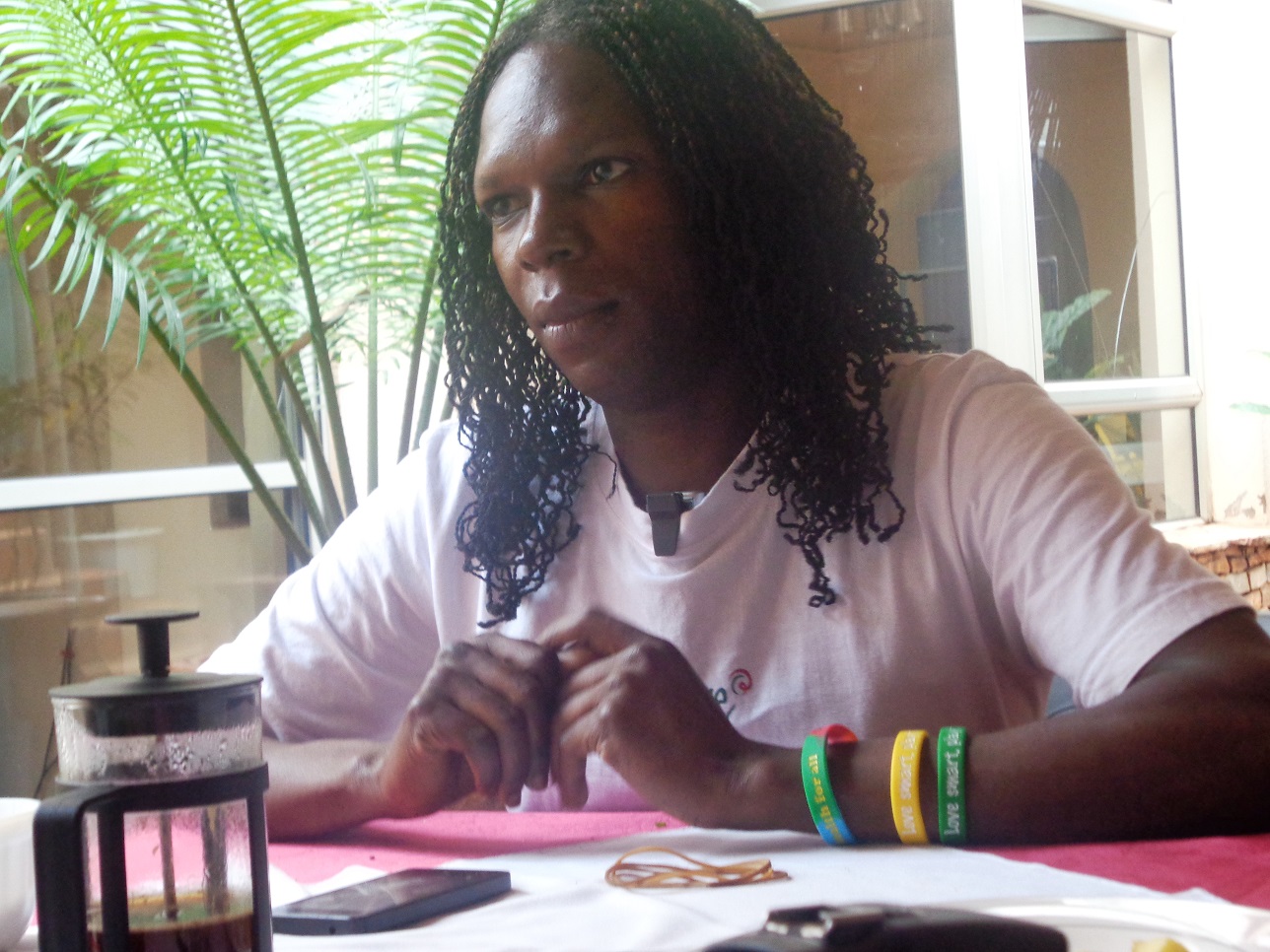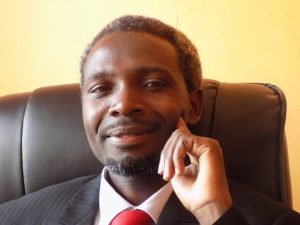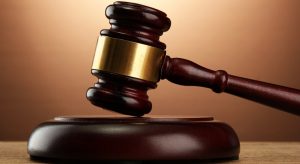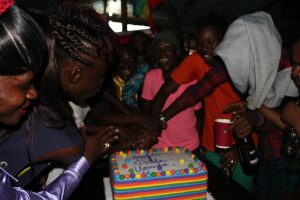By: Beyonce Karungi
Transgender Rights Activist and Executive Director Transgender Equality Uganda
I often get questioned by people within and outside Uganda about my identity. They are wondering how I manage living in this extremely conservative country with all these rates of trans-phobia. Honestly I often fail to find an easy answer. It’s who I am. How else could I be? Need I behave in a way that pleases society or in a way that makes the Beyonce in me comfortable? I have never felt like a boy, man, or a male. Yes, I was born male. However, I have always known I was female. I was a female trapped in a male’s body. Since childhood, I have always felt I was a girl and that is the girl who has grown to become a woman I share with the world today.
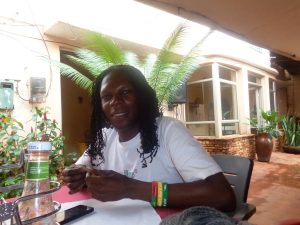
We often hear people talk about human rights for transgender people which is by a far a very beautiful thing to have from all of you allies who are not trans-gendered speak out for transgender women. I will shock you that from the lens of a transgender woman like myself our human rights and unique challenges are not addressed and given the due attention they at least deserve.
As a child, I liked to play with dolls and kept the company of girls. When I was six, I began trying on and wearing my sisters’ dresses. When I played with dolls and wore dresses, I felt like a girl, and it felt right. I felt good, and I was happy and felt normal because I was the real me. At school, I played only with girls. I wanted to always feel right, and wanted a woman’s name to reflect my true self. I used to watch Destiny’s Child perform, and I fell in love with the name Beyoncé, so I chose that name for my true self. Now that would seem simple and a easy life, but no life was not that easy growing up.
I was not accepted at home, in the community and by the government. Civilians and police would beat me up because I am transgender. When I was beaten very badly, my friends would take me to the hospital for treatment of my wounds. Even my own family was not okay with my identity. My dad told my school teachers that I feared boys. Everyone in Fort Portal (the rural town I grew up from) knew I was different, that I stood out. No one in my community understood what I was going through, and they called me gay and thought I was a homosexual. I have never been either of those things, yet people in Fort Portal still call me those things. To most Ugandans, my being transgender was something from another world; no one knows what it was or what it meant and still a large number of the population do not know about our lived realities.
At a very tender age when all hope was lost I began sex work because it was the only choice I had, and I knew how important to my future an education is. It had to be sex work, because there were no other jobs available for a transgender woman like me trying to make ends meet in a land where our identity is a taboo. Because my community and my family rejected me, I soon moved to Kampala with my friends who had introduced me to sex work. I continued to do sex work there since it was the only way I could make a living in this other vast trans-phobic city.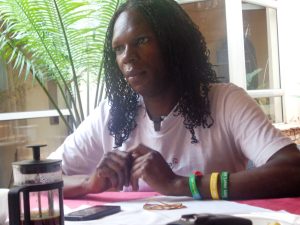
In Kampala where I had hoped for a better life I was met with the harsh realities of a trans phobic country, Even in Kampala, people threw me out of clubs and pubs because I was a trans woman. I suffered physical violence and harassment, including being burned with cigarettes. I was harassed by the police, including one time when the police undressed me, took by bag, money, and phone. The police even cut my hair to make me look more masculine. They said they wanted to make me a proper man. I cannot stop weeping when I remember the day a client who did not want to use a condom raped me on gun point, I escaped for my life leaving behind in his house my phone, money and other accessories I had on me – I could not report this to the authorities because am a transgender. This harsh reality still hurts up to date, there is no real protection for transgender person in most African countries, our governments can say that they are protecting rights of gender minorities but from our own lenses and lived realities, there is no such a thing as protection of trans gender human rights in most countries including my own – Uganda.

